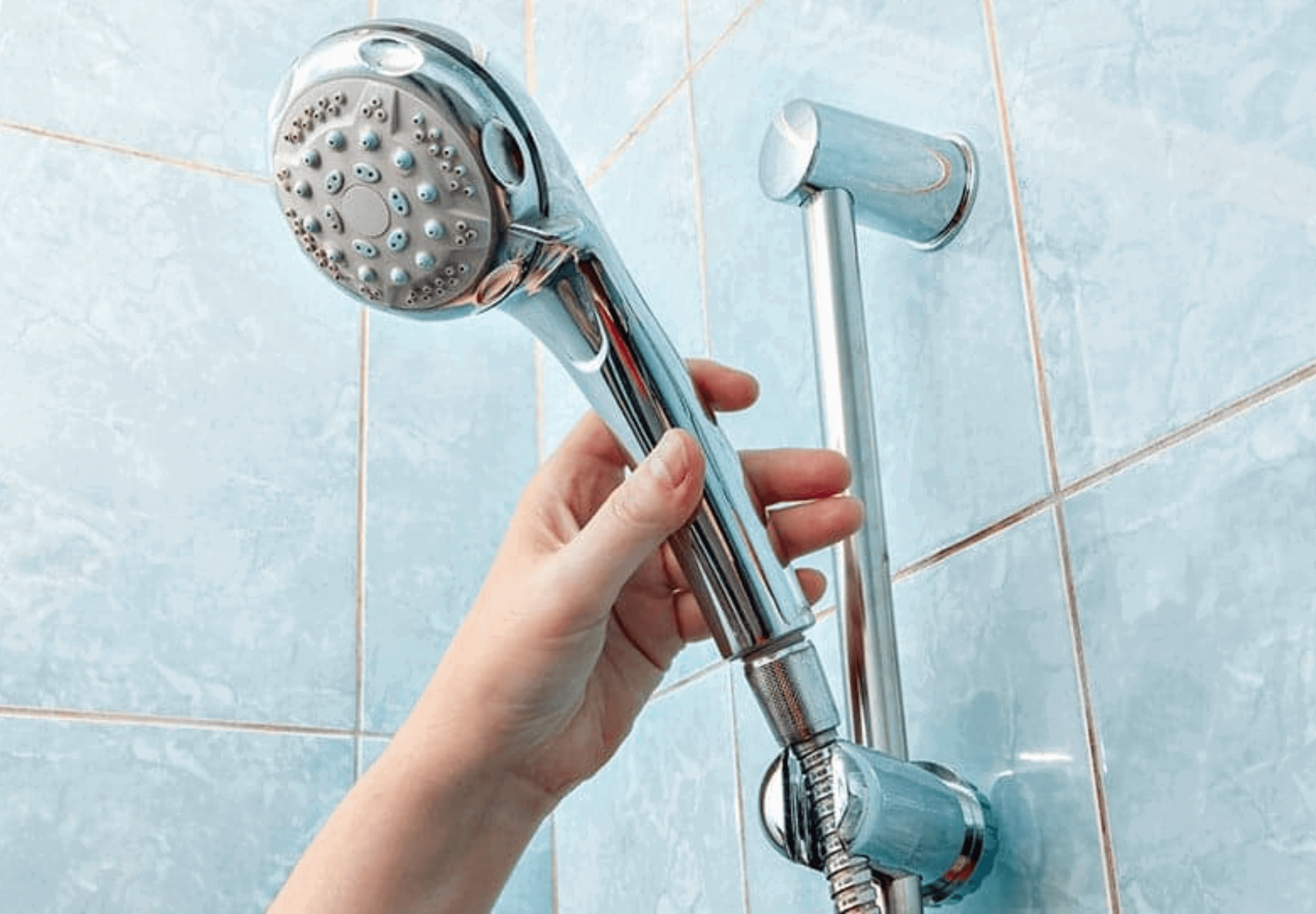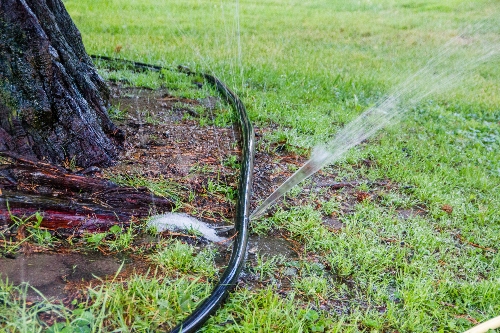5 Persistent Water Leak Factors
5 Persistent Water Leak Factors
Blog Article
Here in the next paragraph you can get a good deal of awesome information and facts in relation to Where to Find Water Leaks.

"Be cautious of little expenses. A little leak will sink a terrific ship." - Benjamin Franklin.
He couldn't have actually been more appropriate because water leakages in our residences lead to a waste of resources, increasing our water bills. This boost could seem negligible at initially, it can lead to substantial costs that can break your bank. Aside from a rise in expenses, water leaks likewise create unwanted organic development, architectural damages, as well as even electrical risks.
If you have a water leak isn't always very easy due to being unable to see most of the pipework in your residence, figuring out. If you have had a boost in your water costs recently, noticed water discolorations on ceilings and also walls, scented lousy odor, and so on. You might intend to take into consideration asking for plumbing services to get it looked into.
There are a number of causes of water leaks, as well as we have actually assembled the common factors listed below. Examine to see if you have actually had related issues in your home recently.
Damaged pipe joints
Pipeline joints are the components of our plumbing system where the pipes link. It is vital to keep in mind that even though pipelines are developed to withstand stress and last for a while, they weren't created to last for life; therefore, they would wear away over time. A typical indication of harmed pipeline joints is extreme sound from faucets.
High water stress
You noticed your home water pressure is more than typical yet after that, why should you care? It runs out your control.
It would certainly be best if you cared because your ordinary water stress need to be 60 Psi (per square inch) as well as although your home's plumbing system is designed to withstand 80 Psi. An increase in water stress can put a strain on your home pipes as well as bring about splits, or even worse, ruptured pipes. If you ever before notice that your residence water pressure is higher than normal, get in touch with an expert about managing it.
Rust
As your pipework gets older, it gets weaker as well as a lot more vulnerable to corrosion after the frequent flow of water through them, which can gnaw at pipelines and also trigger fractures. A noticeable indicator of rust in your house plumbing system is staining and also although this could be difficult to detect as a result of most pipelines hidden away. Once they are old to make sure a sound plumbing system, we recommend doing a regular appointment every couple of years and alter pipes
Clogged drains
Food fragments, dust, and also oil can cause blocked drains pipes as well as obstruct the passage of water in and out of your sink. If undealt with, enhanced stress within the rain gutters can end and create an overflow up splitting or breaking pipes. To prevent stopped up drains in your home, we encourage you to stay clear of putting particles down the tubes and normal cleaning of sinks.
Broken seals
Another root cause of water leakages in homes is broken seals of home appliances that use water, e.g., a dishwasher. When such devices are set up, seals are set up around water adapters for easy flow of water with the maker. Hence, a damaged seal can create leakage of water when being used.
With little or no understanding of plumbing, recognizing your home's plumbing system sufficient to fix a few of these problems (without consequence) can be a hassle. Get in touch with plumbing experts in Pittsburgh, Divine Superintendence, Rochester, and environ today, as well as they'll make those problems vanish.
He couldn't have been more appropriate since water leaks in our houses result in a waste of sources, increasing our water bills. If you have had a rise in your water costs lately, saw water discolorations on wall surfaces and also ceilings, scented lousy smell, etc. A boost in water stress can place a stress on your home pipelines as well as lead to fractures, or even worse, ruptured pipelines. An additional reason of water leaks in houses is broken seals of residence devices that utilize water, e.g., a dish washer. When such devices are installed, seals are mounted around water ports for very easy flow of water with the device.
5 TIPS IN DETECTING A WATER LEAK IN YOUR HOUSE
Water leaks can be hard to find in your home, yet they can be so common. We rely on water every day in our home, which is why a leak can cause big problems. By detecting them early, you can save money and further damage, getting the problem fixed as soon as possible. Here are 5 tips to help you detect a water leak in your home, so you can contact a plumber straight away and get the issue sorted.
Check your water meter
Many people underestimate the value of the water meter in their home. It can be one of the best ways to tell if you have a leak early on, so you can get on top of it before issues start arising. Start by turning off all the water in your home: taps, washing machine, dishwasher, etc. Now take a look at the meter – if it’s still changing with everything turned off, it’s likely you have a fast-flowing leak that you need to get on top of straight away. If nothing changes, then leave your meter for an hour or two and come back to it. Did it change in this time? It’s likely you have a slower leak, which isn’t as urgent but still handy to get fixed so it doesn’t become a bigger problem.
Keep an eye on your bill
Another good way to detect a leak in your home is by keeping an eye on your water bill. It helps if you have a past bill from the same period of time. You can compare like for like and determine whether your water usage has increased significantly. If it has, there may be a leak in your system that you haven’t picked up before. A professional plumber can check through all of your pipes and determine where it is coming from.
Look for damage
If you have a leak inside your home, you will notice damage over time. Take a look at your showers and bathtubs and note whether any of the tiles surrounding the area seem to be discoloured or damaged in any way. There may be water stains, mould or peeling material that has resulted from a build up of moisture over time. Make sure you take a look under sinks at the back of cupboards that don’t get accessed regularly. This is where damage can go unnoticed and build up over periods of time.

As an enthusiastic reader about How to Find and Prevent Water Leaks in Your Home, I assumed sharing that section was worth the trouble. Sharing is nice. Helping others is fun. Kudos for your time. Come back soon.
Book With Us Today! Report this page